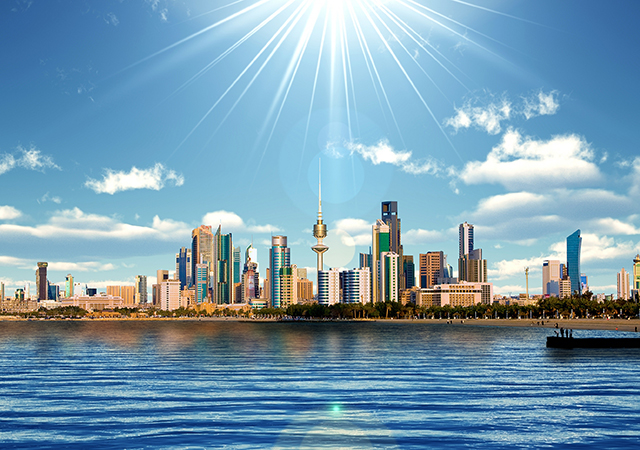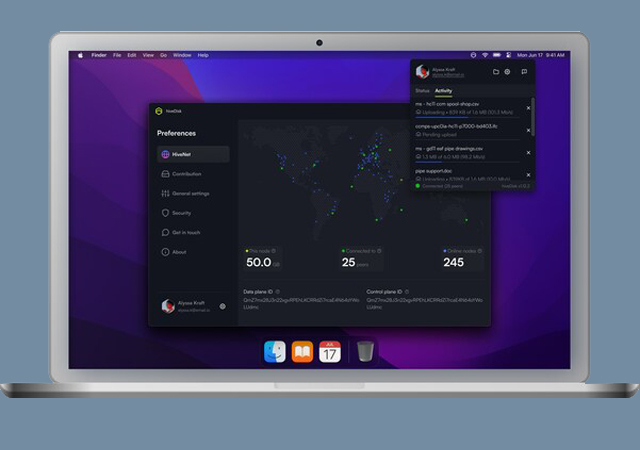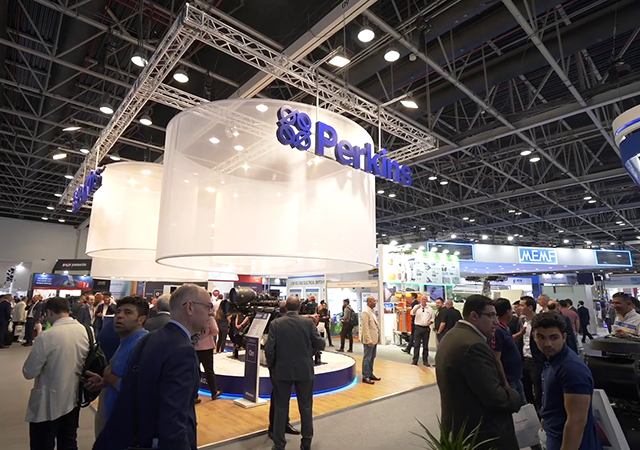
ABU DHABI has allowed private property owners to generate their own electricity by installing photo-voltaic (PV) panels.
The emirate has already granted a number of solar power generation licences to various test sites at institutions. A further 28 applications are being processed, mostly from schools under the Abu Dhabi Education Council.
The new wiring regulations will allow customers to meet their own power needs and supply any excess electricity generated back into the broader grid.
Nick Carter, director general of the Regulation and Supervision Bureau, said customer-side generation will eventually outstrip the supply side in many countries.
“Where there is a connection to an electricity network PV there is the opportunity to generate, as has been witnessed in Germany and other major European Union countries, especially using PV panels,” added Carter.
Support for renewable energy schemes in not new in Abu Dhabi. Already home to Asia’s largest concentrated solar power installation, the 110 MW Shams 1, it also generates solar photovoltaic energy at Masdar City (10 MW). This is now being supplemented by an increasing push on the customer side of the electricity network to install PV panels.
“Together with our sector partners, we have been studying 11 sites around the city of Abu Dhabi with an installed capacity of over 2 MW which have been producing electricity for over a year, using several different panels,” said Carter.
“The results of these small-scale solar power installations have been extremely encouraging to the point where we expect to see property owners across the emirate wishing to install their own PV panels on their roofs in the next few years.”
REGULATORY FRAMEWORK
To facilitate this, the bureau has established a regulatory framework with the two distribution companies, Abu Dhabi Distribution Company (ADDC) and Al Ain Distribution Company (AADC), to allow for the private installation and generation of electricity using PV.
The framework includes a special self-regulating licence and an inspection programme for all would-be self-generators.
“Things are moving in many positive renewable energy ways,” said Carter.
“Every unit of electricity generated by solar power is one less generated by gas. By identifying and implementing solutions that address the growing demand for energy alongside highlighting the need to conserve our water and electricity supplies through a change in consumption behaviour the sector is making real progress to ensure sustainable resources for future generations,” he concluded.
















